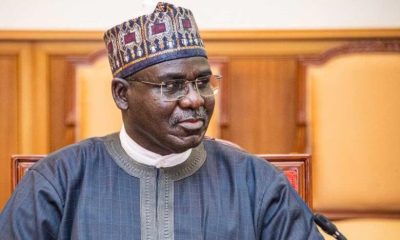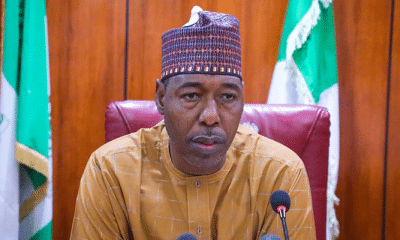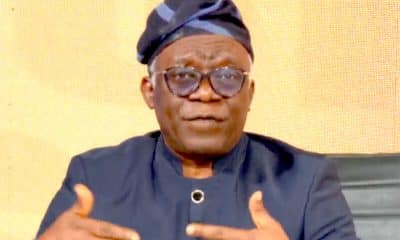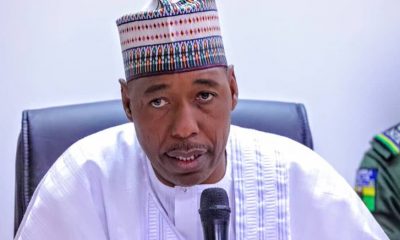Gist
About 350,000 Deaths Directly and Indirectly Linked To Insurgency – NHRC
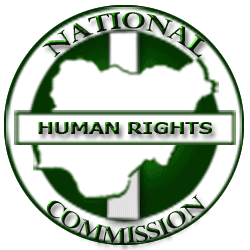
The Executive Secretary of National Human Rights Commission, Mr. Tony Ojukwu says Nigeria recorded about 350,000 deaths related to insurgency as well as directly and indirectly to Boko Haram in the last one decade.
He went ahead to describe the decade-long Boko Haram insurgency as one of the worst forms of human rights violations in the history of Nigeria.
Mr. Tony Ojukwu made the observation at the Traditional/Religious Leaders Forum on Transitional Justice and Reconciliation in North East Nigeria, which held in Maiduguri the Borno state capital on Monday.
He said for the people in the north-eastern part of Nigeria, this conflict has brought untold physical, emotional and psychological losses to the victims and their families.
Adding that UNDP, in a recent report estimates that “there have been around 350,000 direct and indirect deaths linked to the insurgency.”
Mr. Tony said, added to this, there is over 2 million displaced people in Nigeria and neighbouring countries, saying that “the setback to the economic and social development of the North-eastern states and Nigeria can never be over-quantified in terms of financial and human resources.”
Noting that the Commission appreciates the sacrifices of the Nigerian Armed Forces and the commitments of the Governments and citizens of the north-eastern states towards reconstruction, rehabilitation and reintegration of affected communities.
He stressed that “ending the insurgency will require both military and non-military approaches. Indeed, the path to reconciliation, reintegration and reconstruction will only be sustained in an atmosphere of peace, and community process of transitional, restitutive and restorative justice.
“In this regard, it is the view of the Commission that the efforts of both the federal and state governments at deradicalizing Boko Haram insurgents and reintegrating them to communities should be followed with a process of formal and non-formal community-led transitional and restitutive justice anchored on human rights and social inclusion.
“The concept of a Traditional and Religious Leaders Forum on transitional justice and reconciliation has been framed along these lines.
“The roles of traditional and religious institutions in shaping community perceptions and facilitating social cohesion can never be over-emphasised.
In many of our communities across Nigeria, traditional and religious leaders are the centrepiece of our civilisation, facilitating and shaping education and socialisation from cradle to grave.
North-Eastern Nigeria, traditional and religious institutions whose roles in advancing social and economic development dating more than five centuries have been recognised.
“It is therefore based on these foundations that the National Human Rights Commission is working with traditional and religious institutions across project states and communities to use their platforms to advocate for peace, reconciliation and justice.
“It is our hope that working with the governments of the 3 project states and indeed the region, can begin an annual convening of this Forum to continue to advocate for the roles of traditional and religious institutions in peace building and social justice.
“We will be dealing with decade-long wounds, grievances and the lust for revenge we need our traditional and religious leaders and institutions to be champions of the twin concepts of reconciliation and justice.”
He commended the governments of the Borno, Adamawa and Yobe for their partnership in this project and for the leadership and resilience they have all shown in tackling these security and development challenges.



